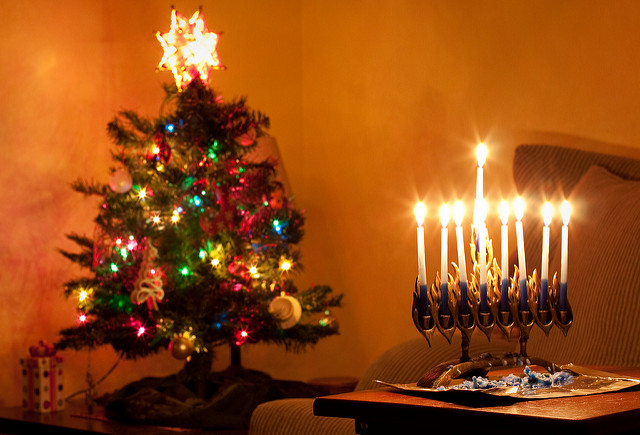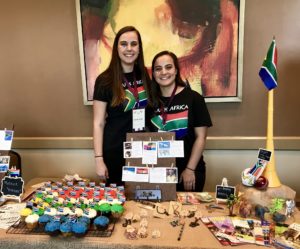
The fall/winter holiday season is most often a time of joy and excitement. However, it can also be a time of stress and disappointment for both host families and au pairs.
Here are some ideas and insights that will hopefully help you avoid stress and disappointment and share more of the joy and excitement!
Holiday Work Schedules
Miscommunication over the schedule is the #1 issue for host families and au pairs over the holidays. As a reminder to assist with scheduling, program guidelines state an au pair can work up to 45 hours per week and no more than 10 hours per day. Hours cannot be carried from week to week. Please take the time to discuss your schedules and expectations.
The au pair program regulations do not have requirements for au pairs to be given holidays off. However, in the spirit of the program and since most parents will be at home spending time with their children, the majority of host families give au pairs some or all of the winter holidays off Thanksgiving Day, Christmas Day, New Year’s Eve, and New Year’s Day. Please discuss this so that everyone is clear about the schedule when making holiday plans.
Religion
For au pairs with religious beliefs different from your own, you may choose to encourage them to share the associated traditions with your family. If you are not comfortable with this aspect of cultural exchange, your au pair may need your help as well as appropriate time off to participate in their own holiday traditions. Enabling them to do this is very important. Their holiday or time to celebrate the holiday may not be the same as yours; try to take this into consideration if you can when you make their work schedule. You may find that there is no conflict in giving their time off if their traditions are different, and it can relieve a great deal of anxiety to take their preferences into consideration. If you do need your au pair to work during the holiday, please tell them way in advance so that it is not a surprise. Help them to see this as a positive aspect of the cultural exchange if she will be actively sharing in the holiday celebration.
Changes to Routine
The dynamics of established relationships and routines change during the holiday. The high emotions and energy of the children (compared to their more reasonable behavior during the rest of the year) may seem like craziness to the au pair. Assure them that this new set of behaviors is temporary and the household will be back to normal soon. In the meantime, suggest specific things she can do to help. Encourage them to roll with the punches and enjoy the craziness. Also, the number of gifts, food, decorations, etc., can be unfamiliar and overwhelming. Try to include the au pair in some quiet, meaningful time together when the true spirit of the holidays is shared.
These are important days ahead. This is perhaps the greatest opportunity of the year to respect and learn about cultural differences, which is, indeed, one of the basic elements of the Au Pair in America program. There will be fun-filled memories. This should be a time of love and understanding. Please do your part to make that happen.
Wishing you every happiness of the season!
Photo: Sean Hobson


 Almost everyone experiences homesickness and culture shock to some degree, when they come to live in a completely new environment. So much is different and it takes time to adjust.
Almost everyone experiences homesickness and culture shock to some degree, when they come to live in a completely new environment. So much is different and it takes time to adjust.